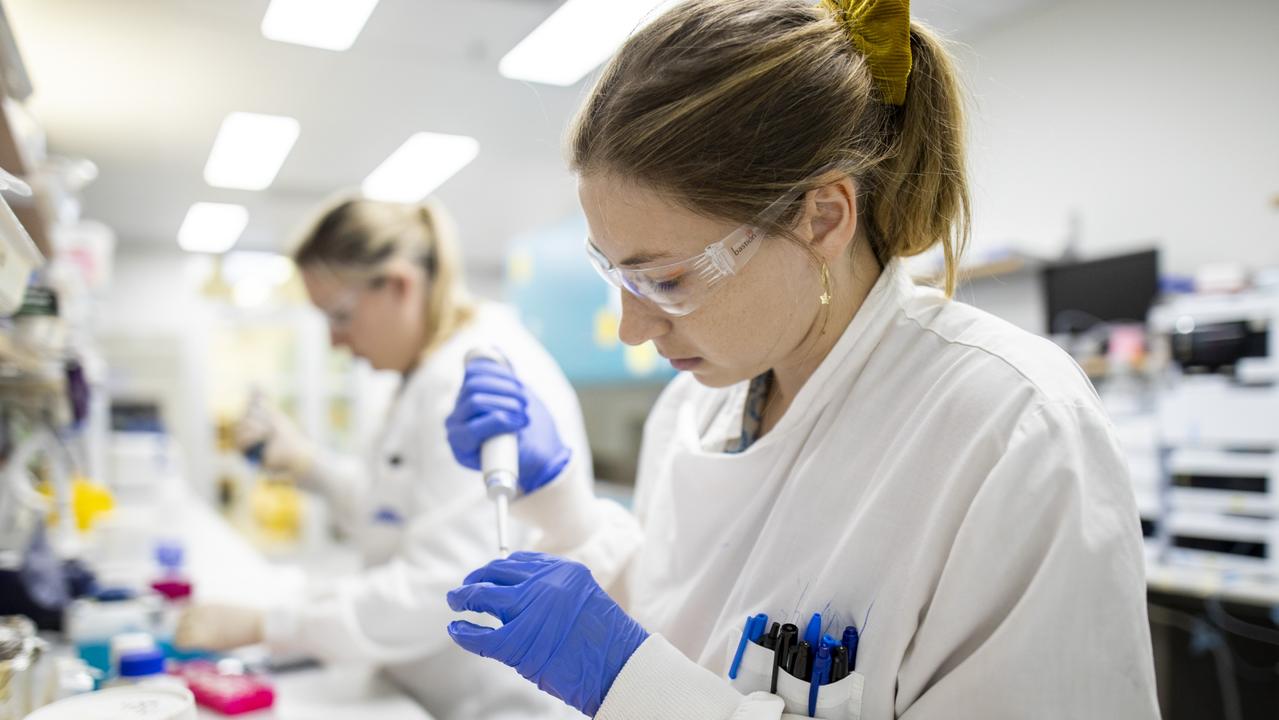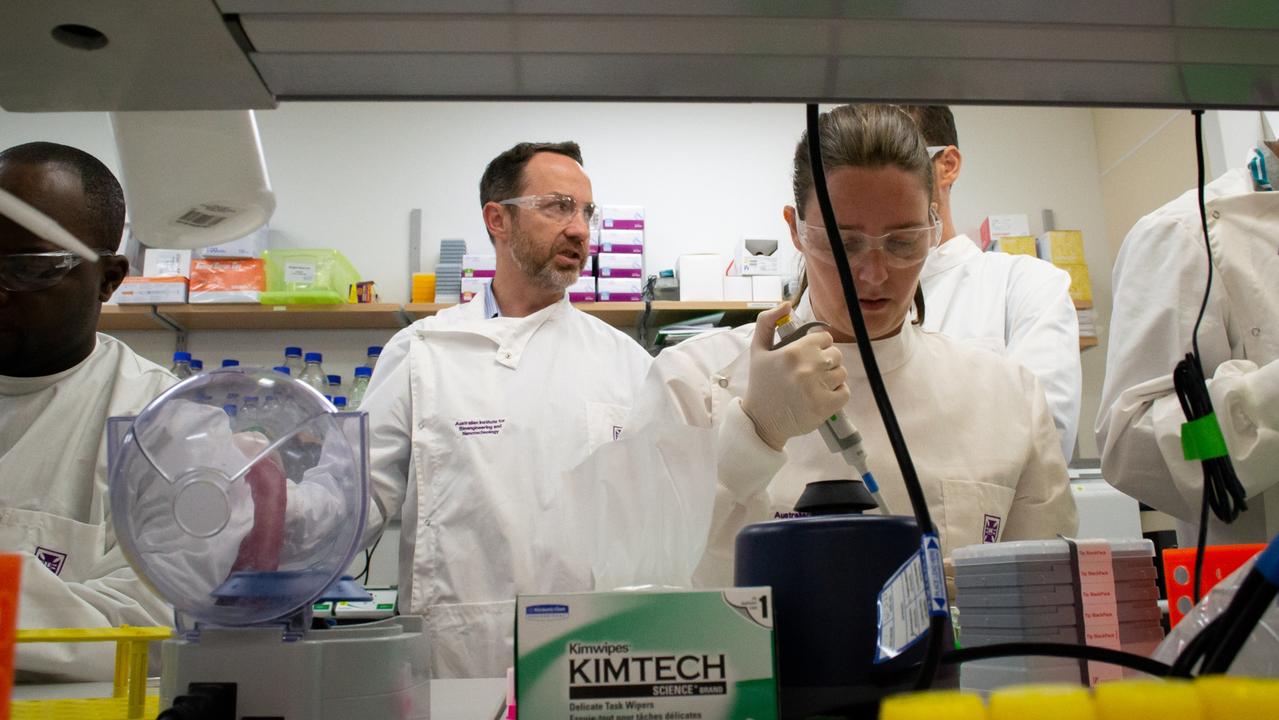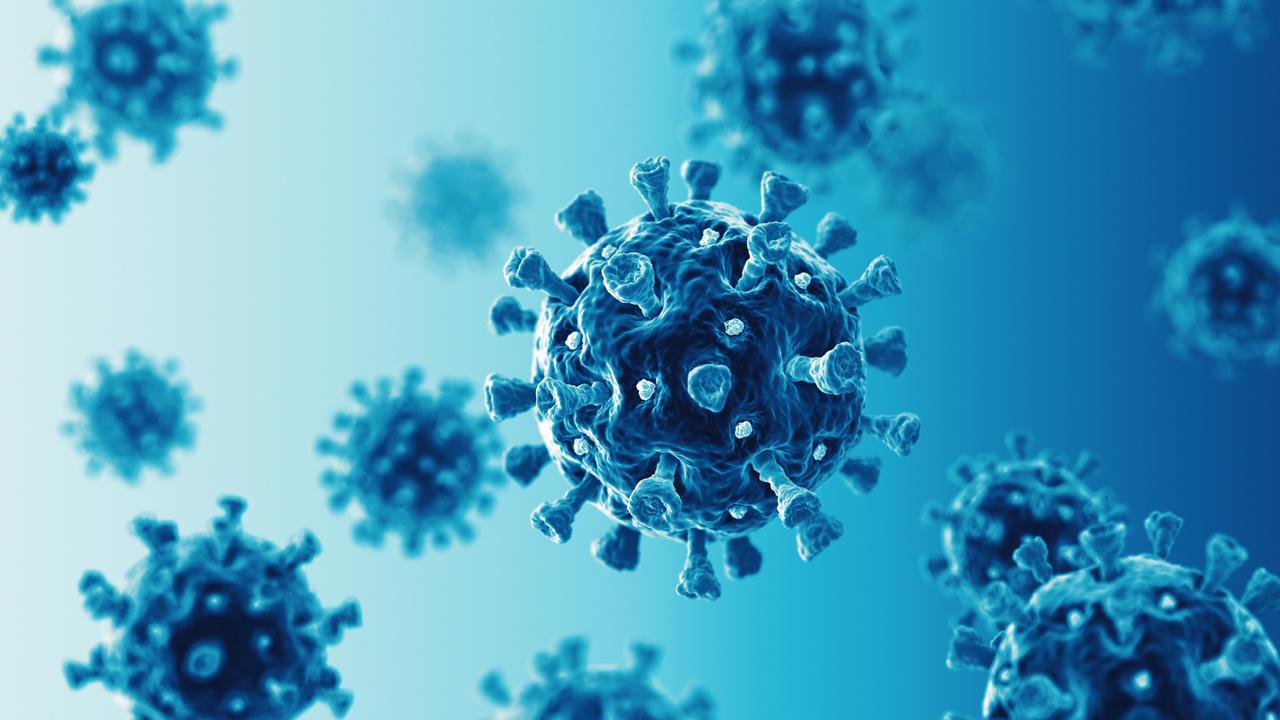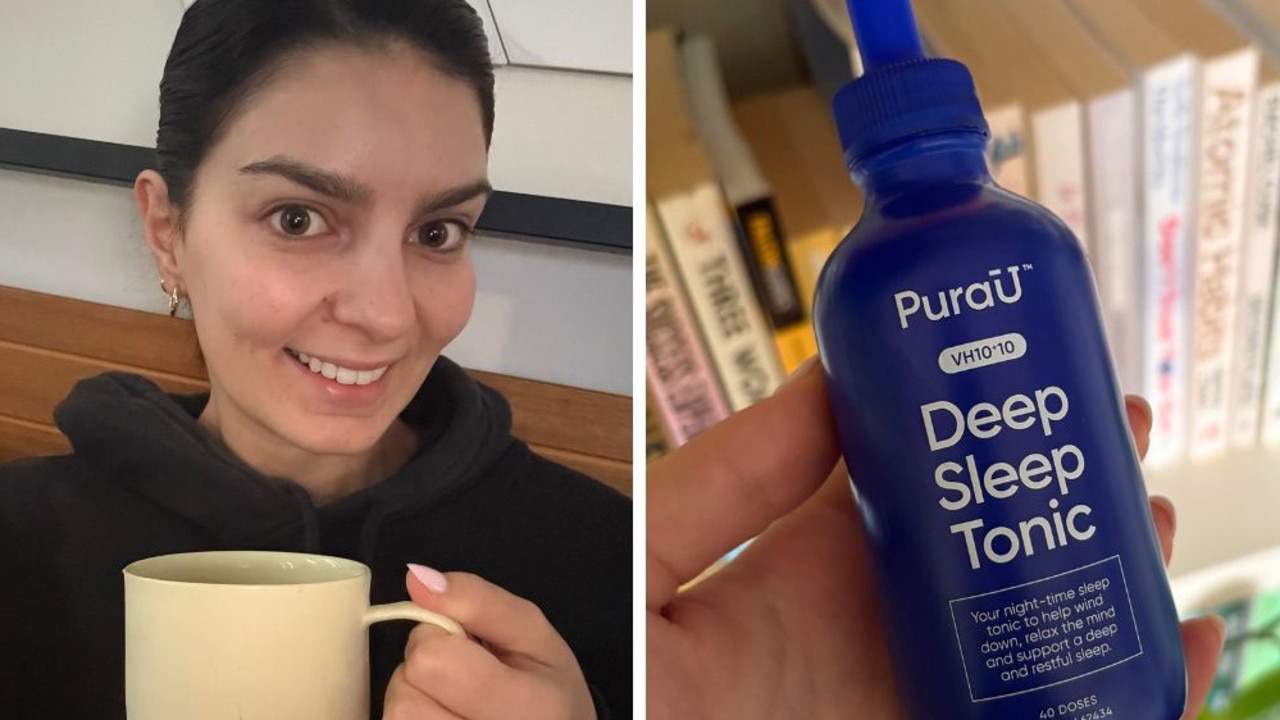Coronavirus vaccine for animals is most important step for human cure
Australia has taken the “most important first step” in its development of a COVID-19 vaccine, with one professor saying we could be virus-free in 12 weeks.
Australia has taken the “most important first step” in its fight towards getting a COVID-19 vaccine to humans, with one professor saying we could have zero cases of the disease nationwide within the next two or three months.
In today’s episode of the Australian Academy of Science’s The Latest from Science, former Australian of the Year Professor Ian Frazer said the University of Queensland was making “good progress” in the development of its vaccine.
The team at UQ are using one of the “best possible techniques” to find a cure for combating the virus, Prof Frazer explained, because the vaccine is “protein based”.
“That would be one that would have a high chance of success if any vaccine is going to work,” the Australian Academy of Science Fellow said, adding there are over 80 known coronavirus vaccines currently under development worldwide.
While it’s likely, as predicted, that we won’t see a vaccine for at least a year – and it’s yet to be known whether any of the vaccines currently being trialled will give us “lifelong protection” from infection – the Brisbane scientists have made promising progress in their vaccine’s capabilities.
“The University of Queensland vaccines demonstrated that it can neutralise the virus in animals and that’s probably the most important first step towards getting a vaccine to humans,” Prof Frazer said.
RELATED: Follow the latest coronavirus updates
RELATED: Your most Googled coronavirus questions
Safety and efficacy will need to be demonstrated first before production of the vaccine can be scaled up and “you can start immunising the general public”, he added.
As well as multiple vaccines being trialled to combat the disease, a drug called Redemsivir – an antiviral agent developed to fight ebola – has also proven to be somewhat effective.
“It was very exciting to hear that the first positive result from a drug study given to patients with the infection appears to have shortened the course of the disease,” Prof Frazer said, adding the drug “has the insurance to be at least at some level effective”.
Vaccine or no vaccine, eradication of coronavirus from Australia is “now feasible” for the time being, Prof Frazer said, though it will require the “co-operation for quite a considerable period of time of all the people of Australia”, which is “not an easy task”.
“If we can go about doing rigorous testing, contact tracing and getting people to comply with the various restrictions that we’ve put on their movements and behaviour up until now, within two or three months we could declare that we have no remaining cases of COVID-19 in Australia.”
RELATED: The daily figure Australia has to reach
RELATED: Australia’s two options out of lockdown


According to leading researchers, there are two very contrasting strategies Australia could adopt to completely come out of lockdown: an elimination approach, or “controlled adaptation”.
Under the elimination approach, the nation would continue lockdowns for two weeks after daily cases hit zero, meaning restrictions wouldn’t be lifted until the end of May or mid-June.
Controlled adaptation would see lockdowns lifted sooner, but cases of the virus still potentially circling in the community – and an increased risk of more deaths.
Regardless of which would prove more effective, both approaches in the long run are dependent on us developing a vaccine, Prof Frazer said.
“If there is no vaccine then there will be no reduction in the external burden of infection round about Australia and there’ll always be a chance that the virus will come back in through some accident of people arriving from the wrong place at the wrong time,” he explained.
“So as a strategy to get everything back to normal, it does eventually depend on the development of an effective vaccine and its global delivery.”




